Finding hope
Does New Zealand hold the key to building a global post-Covid economy?
In 2020, the world grappled with the Covid-19 pandemic — an earth-shattering, ground-shifting event.
Across the globe, many are still reeling from its lasting effects, with lives and livelihoods lost, markets disrupted, and weaknesses exposed in economic, health, and social systems.
A year on, with the effects as real as ever, the focus has moved to recovery. It’s a wide-ranging area that encompasses shifting medical supplies across borders, and vaccinating as much of the population as possible.
Yet despite the turmoil, the Organisation for Economic Co-operation and Development has made cautiously optimistic projections in its latest economic report, expecting the global economy to return to pre-pandemic levels in 2021, buoyed by government financial support, gradual reopenings, and vaccine rollouts.

Meanwhile, in a small corner of an unassuming office in Wellington, a team is spearheading talks that could end up influencing the future of a region which 3 billion people call home, and which accounts for more than half of global GDP.
This year, New Zealand is hosting the annual summit of the Asia-Pacific Economic Cooperation (APEC), whose 21 member economies’ combined focus is to work together as never before in rebuilding a post-pandemic economy.

A small crack team in Wellington are spearheading global talks to stem the economic fallout from Covid-19
A small crack team in Wellington are spearheading global talks to stem the economic fallout from Covid-19
“In a year that New Zealand is hosting and a year dogged by the pandemic, we have a real challenge to show not just the relevance of APEC to our world at present and in the future, but that the organisation is responsive in dealing with a crisis,” says APEC Senior Officials’ Meeting chair Vangelis Vitalis.
New Zealand is committed to charting a recovery and reigniting growth, leading the forum under the 2021 guiding theme of “Join, Work, Grow. Together. Haumi ē, Hui ē, Tāiki ē”
By working together, we build confidence… APEC is at the heart of our trade and economic prosperity and is a crucial driver of our economy.
Why New Zealand stands to benefit
New Zealand adopted a “go hard and early” approach to contain the virus, and although this strong response is leading to a swift recovery, the pandemic still impacted the economy.
According to Stats NZ, three out of four firms received Covid-19-related financial support from the Government in 2020, while one in six businesses laid off workers. Others had to resort to measures such as negotiating rent reductions, delaying or cancelling capital investments, and accessing additional debt or equity finance to save money and keep their businesses afloat.
But opportunity lies ahead, with more than 70 per cent of New Zealand's trade coming from APEC economies. “APEC is at the heart of our trade and economic prosperity and is a crucial driver of our economy,” Vitalis says.
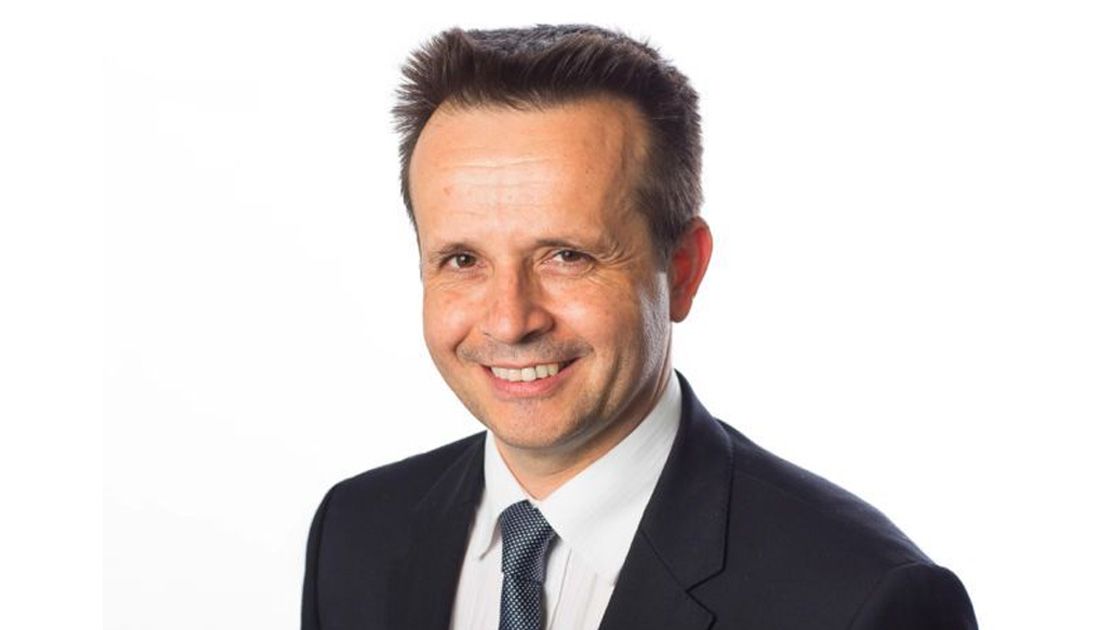
Opportunity lies ahead, says APEC Senior Officials’ Meeting chair Vangelis Vitalis
Opportunity lies ahead, says APEC Senior Officials’ Meeting chair Vangelis Vitalis
As the host, New Zealand has an equal seat at the table, and is committed to mapping out a path to recovery and revitalising growth.
Vitalis says New Zealand’s role as host of APEC 2021 is to convert the Putrajaya Vision, a product of Malaysia’s host year that sets out the economies’ priorities for the next 20 years, into a programme of work that’s relevant to the challenges the economies face. It is considered an incredibly important piece of work; the vision’s aim is for an open, dynamic, resilient and peaceful Asia-Pacific community by 2040 for the prosperity of all our people and future generations.
Vitalis says New Zealand has the opportunity to play a leadership role, to help bring the region together and develop the plan needed to implement the Vision.
“If we can deliver that this year, it will have effectively supported the network of trade agreements we have across the region.
“It will build confidence in those systems, and business confidence will increase, which will help us boost our economic growth as we try to build back better over the coming years," he says.

Leading the charge together
For APEC 2021, economies will focus their efforts on three key pillars.
Strengthening recovery through trade and economic policies
This year, APEC’s core work of developing trade and economic policies will centre around Covid-19 recovery, ensuring vaccines are freely distributed across the region and supporting the export of medical equipment.

Easing the distribution of Covid-19 vaccines throughout the APEC region is a key priority.
Easing the distribution of Covid-19 vaccines throughout the APEC region is a key priority.
In early June, APEC’s Ministers Responsible for Trade issued a joint statement declaring they were united behind the essential role of trade in tackling the impacts of the pandemic and in enabling a strong recovery for all people.
It was a significant step; economies will work to expedite the distribution and flow of vaccines and other essential medical supplies between economies to combat the coronavirus pandemic.
Increasing inclusion and sustainability for recovery
Beyond the pandemic, recovery in the region involves building back sustainably and inclusively.
APEC is considering how economies can improve their populations’ uptake of environmental goods such as solar panels, efficient heating units, and other products that can help the region tackle the climate crisis. And APEC Trade Ministers have directed work on options for a standstill on fossil fuel subsidies before the end of the year. If agreed, this will be a world first step in real reform with positive climate change effects.
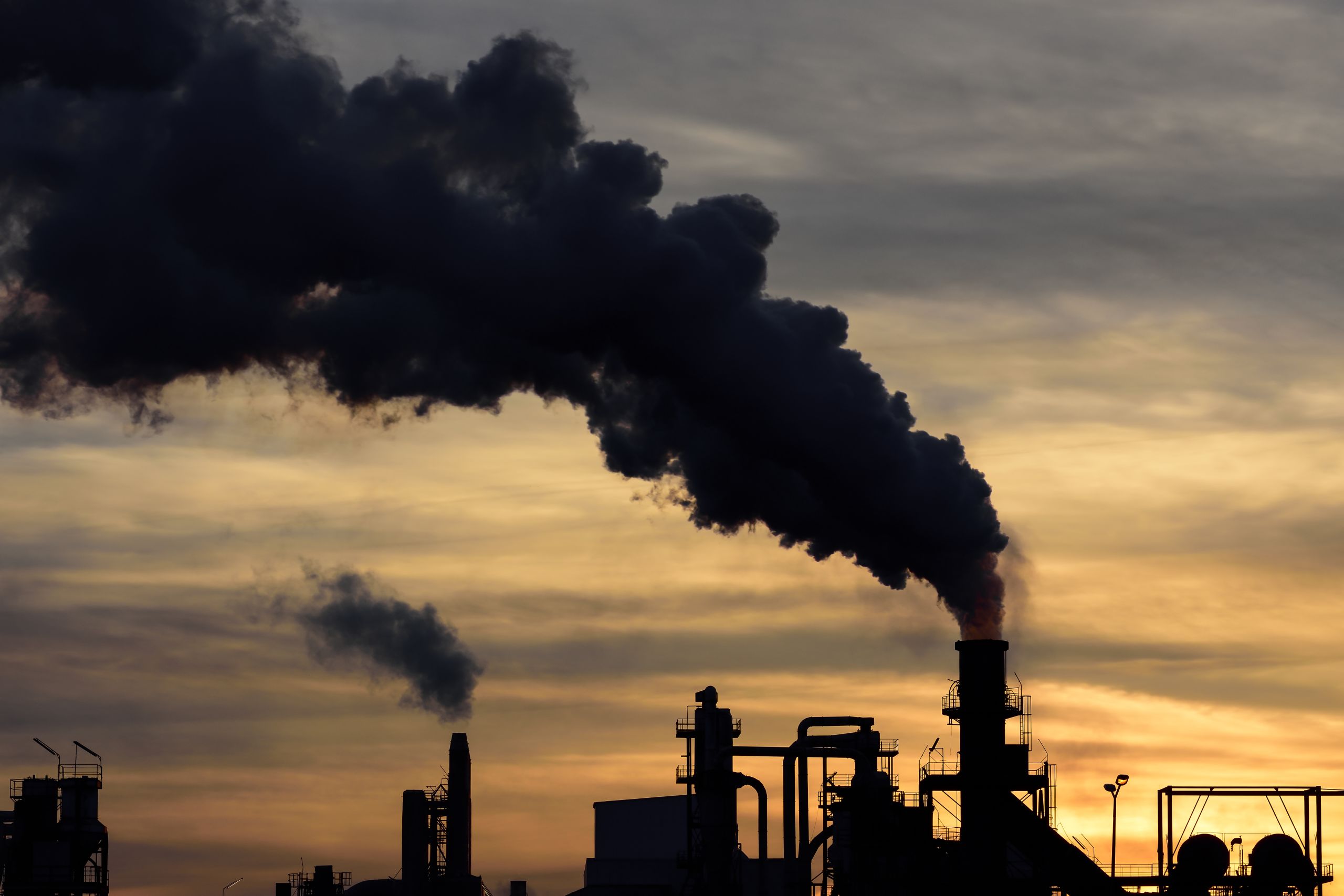
Sustainability, pollution and climate change are high on APEC's agenda
Sustainability, pollution and climate change are high on APEC's agenda
In terms of inclusion, APEC will focus on the economic empowerment of women, indigenous groups, and marginalised communities. “They were the hardest hit parts of the population during the pandemic,” Vitalis says. “We’ll find concrete ways to address their challenges.”
Vitalis cites the trade barriers indigenous economies face as an example. “Many Māori exporters tend to be heavily concentrated in fisheries, kiwifruit, honey, and other primary products that have the highest tariff barriers in our region,” he says. “We can help them by facilitating trade and opening up access to these areas.”
Pursuing innovation and a digitally enabled recovery
Bridging the digital divide through innovation is another priority for APEC 2021.
When pandemic-related restrictions were imposed last year, many economies transitioned to digital customs procedures. Companies didn’t need to send documents through a courier service to clear their products through customs.
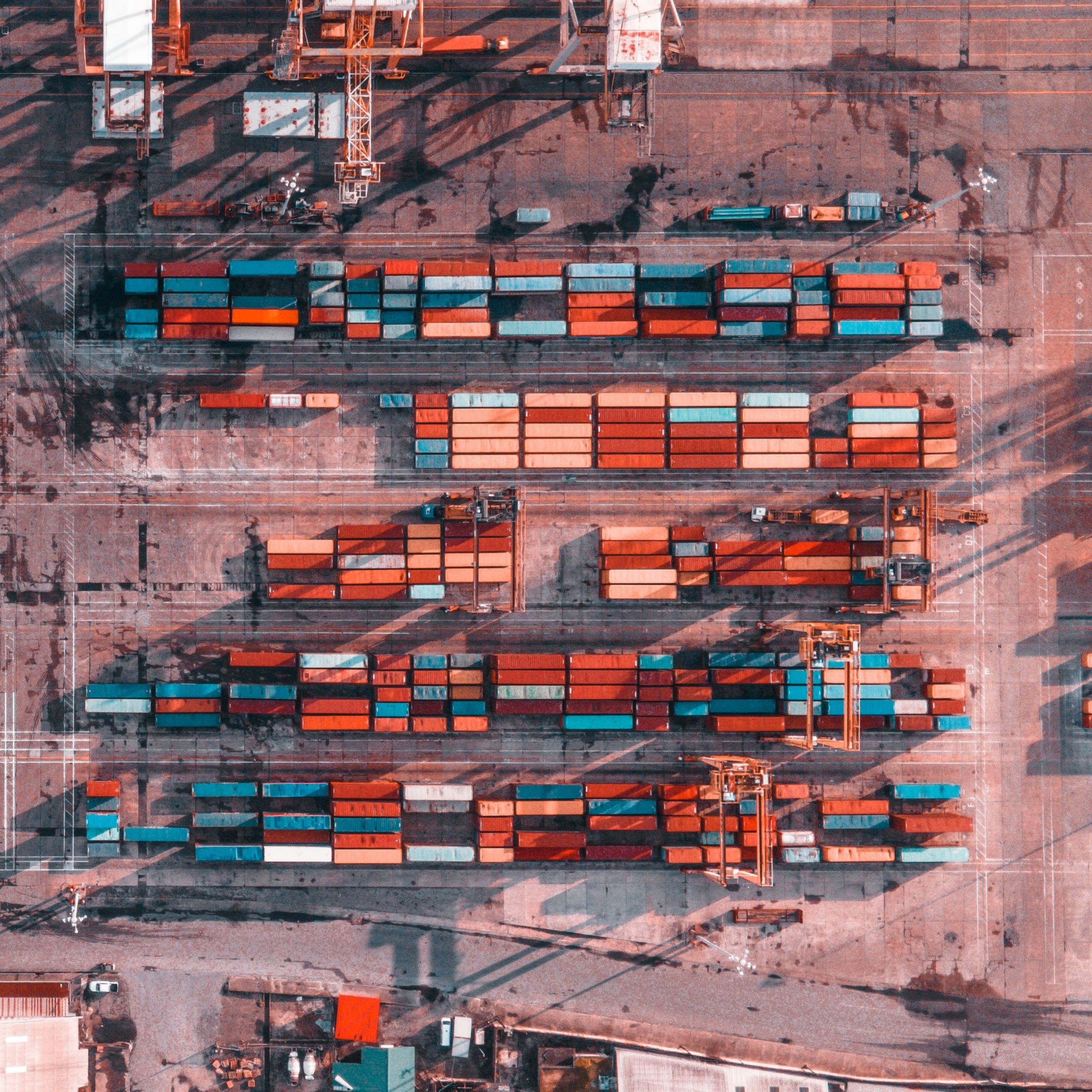
Digital processing enables faster international customs clearance
Digital processing enables faster international customs clearance
“That’s a transaction small and medium enterprises and indigenous exporters can save time and money on,” Vitalis says. “We’re learning from the digital revolution brought about by the pandemic to help us narrow the gaps.”
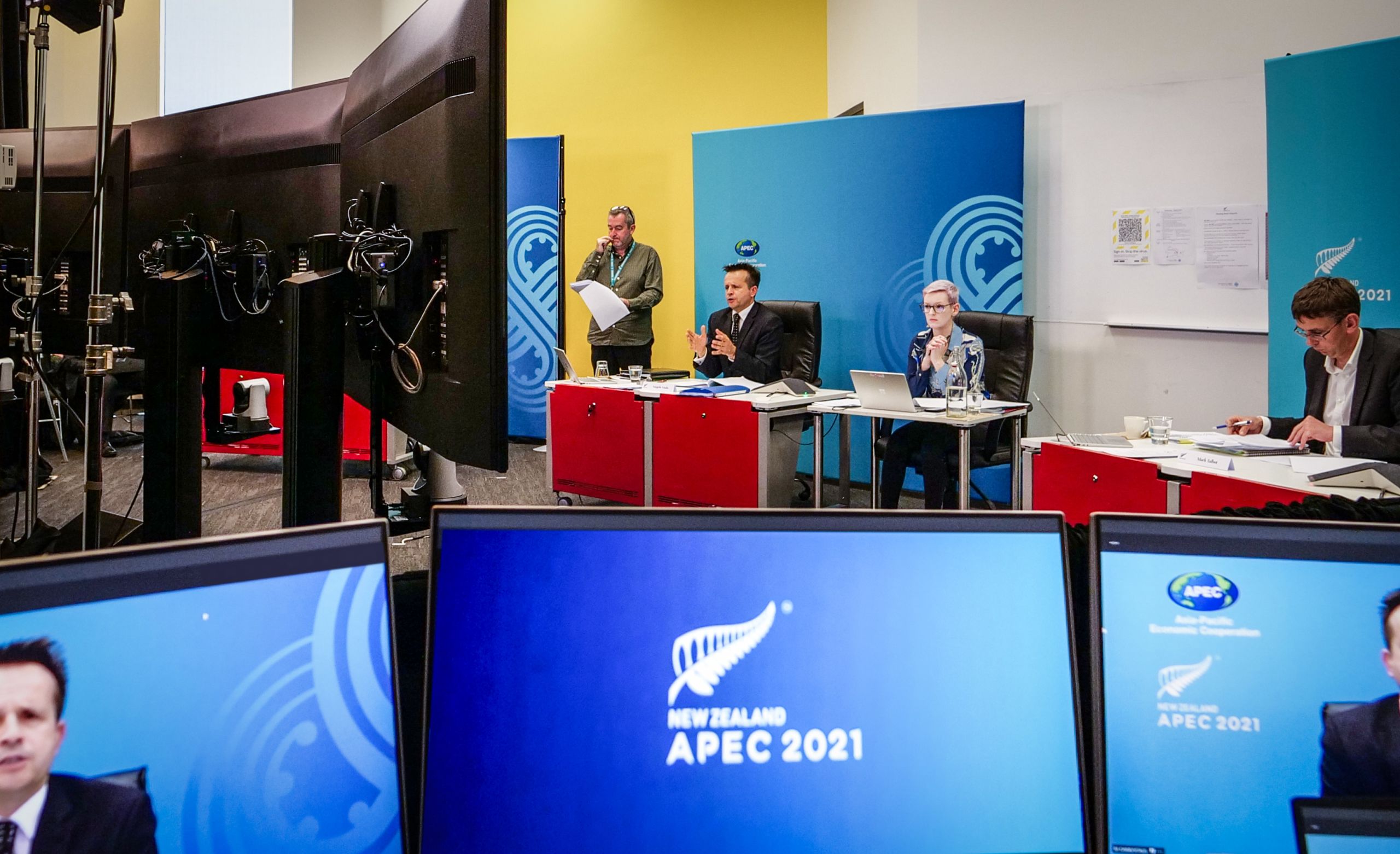
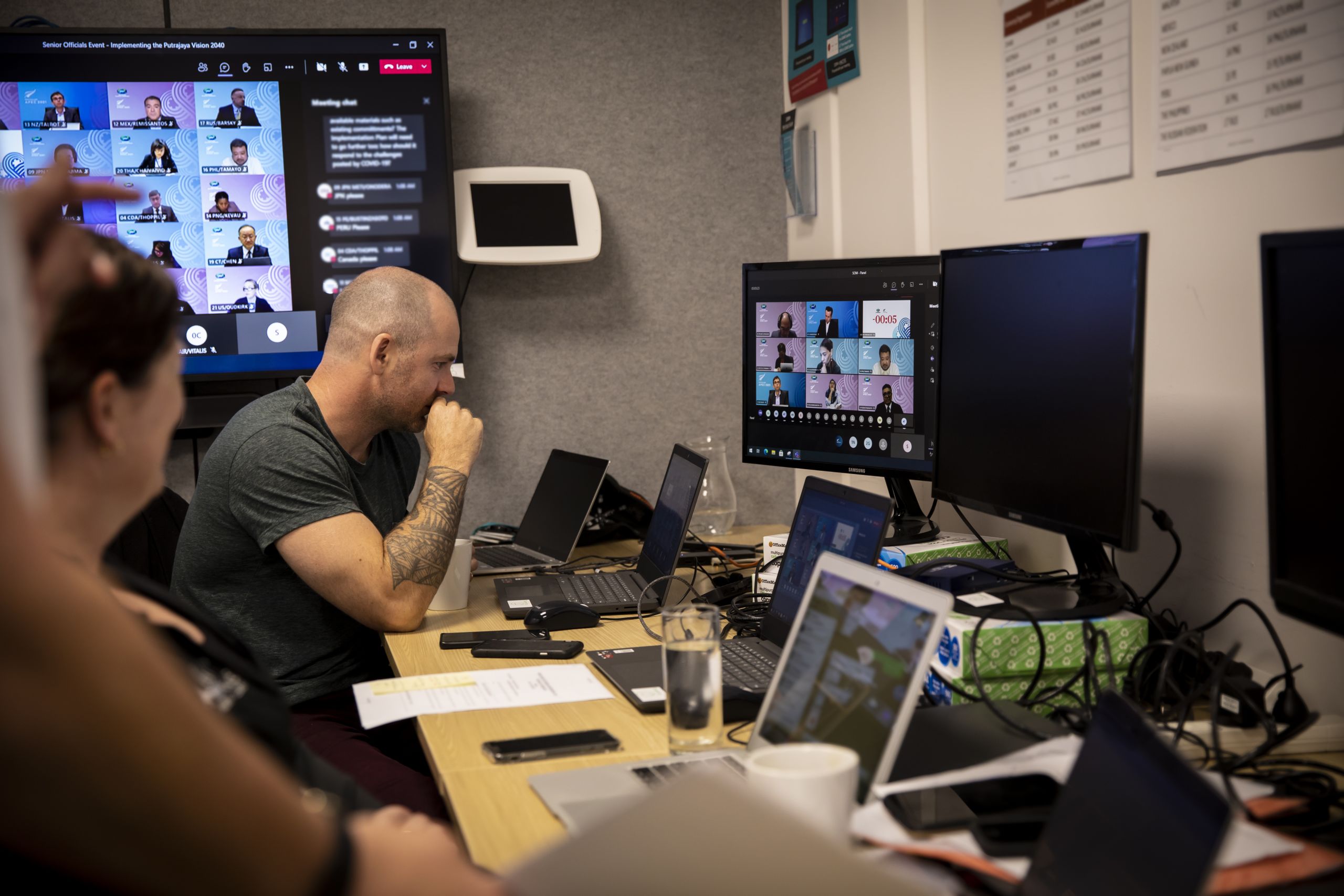
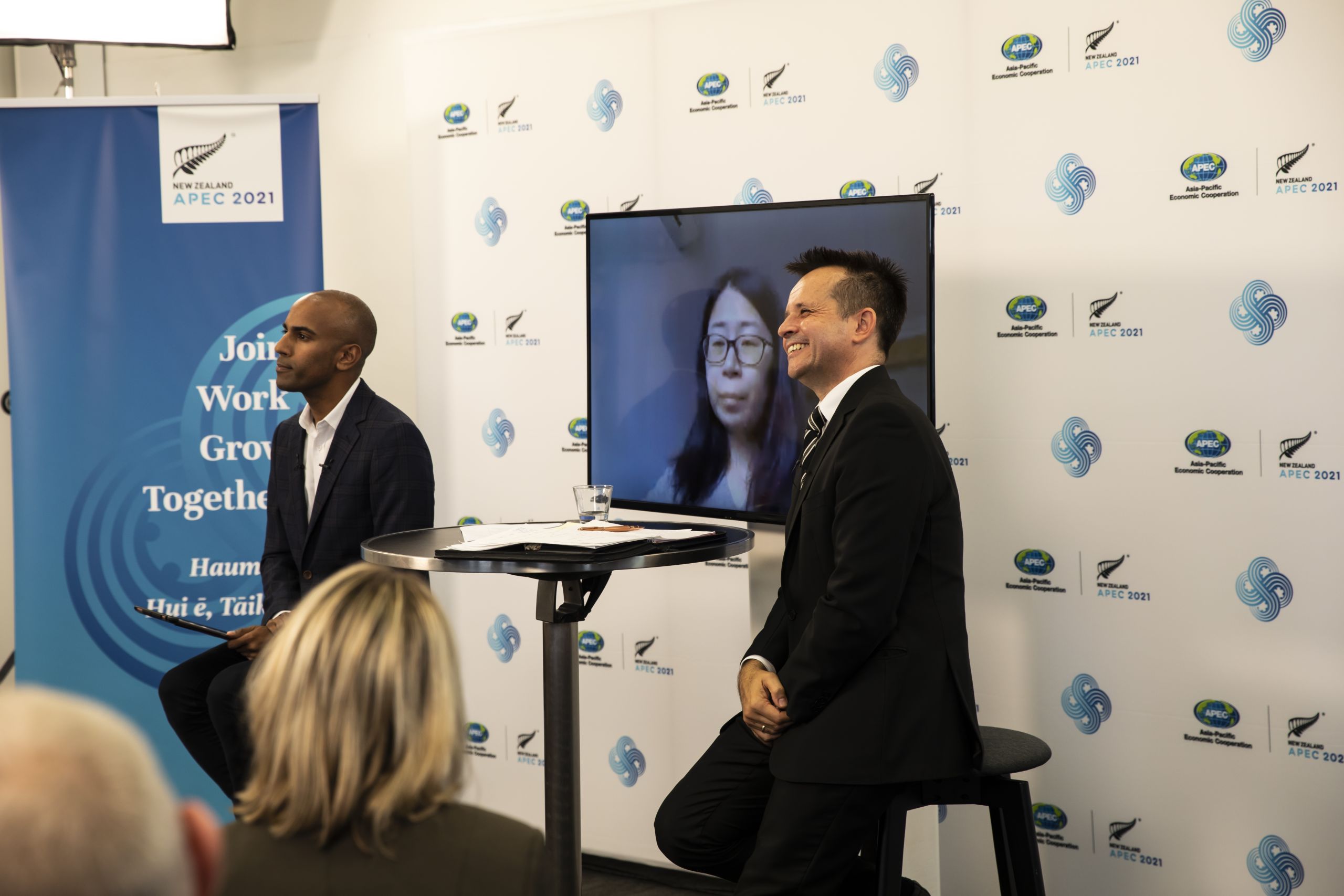
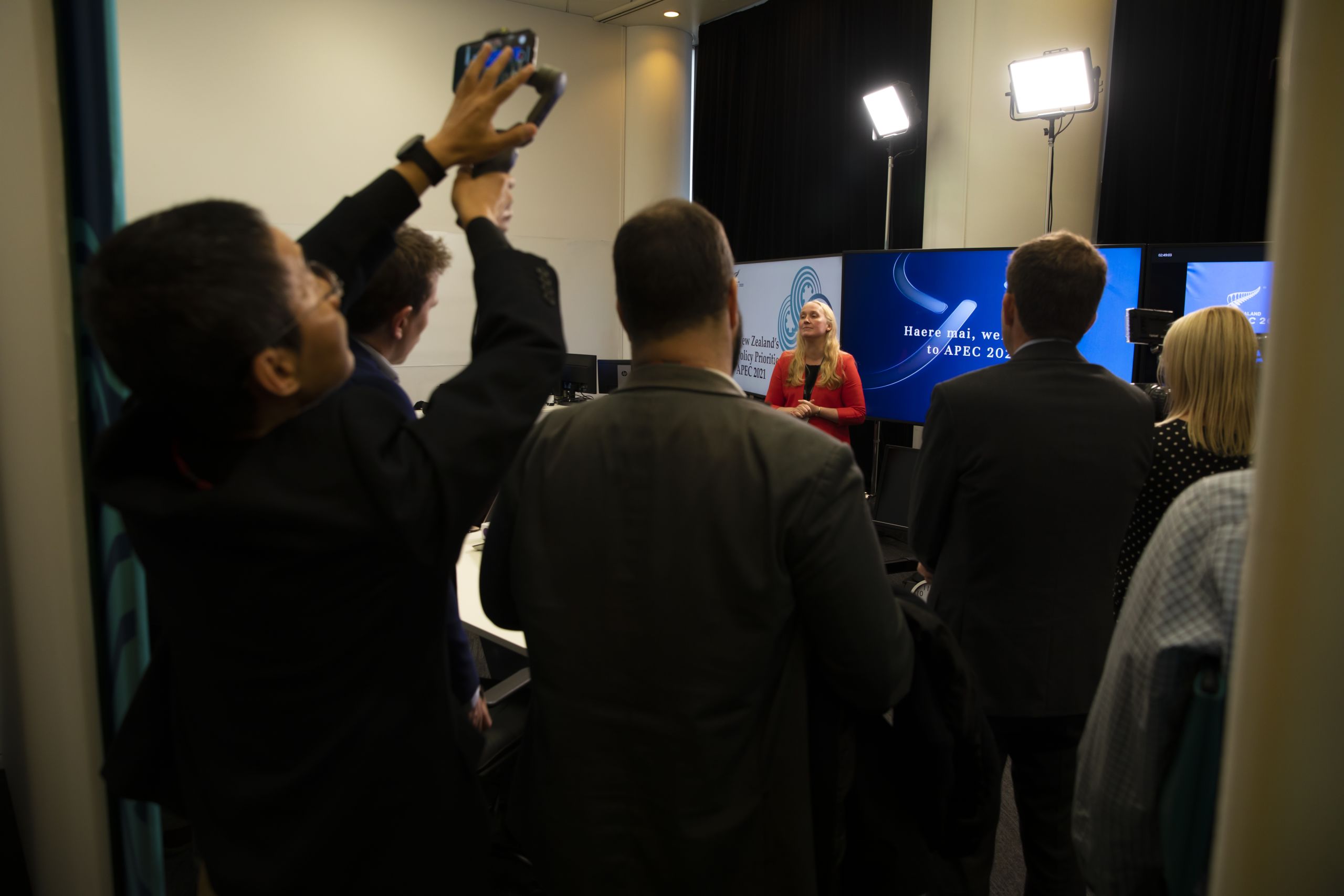
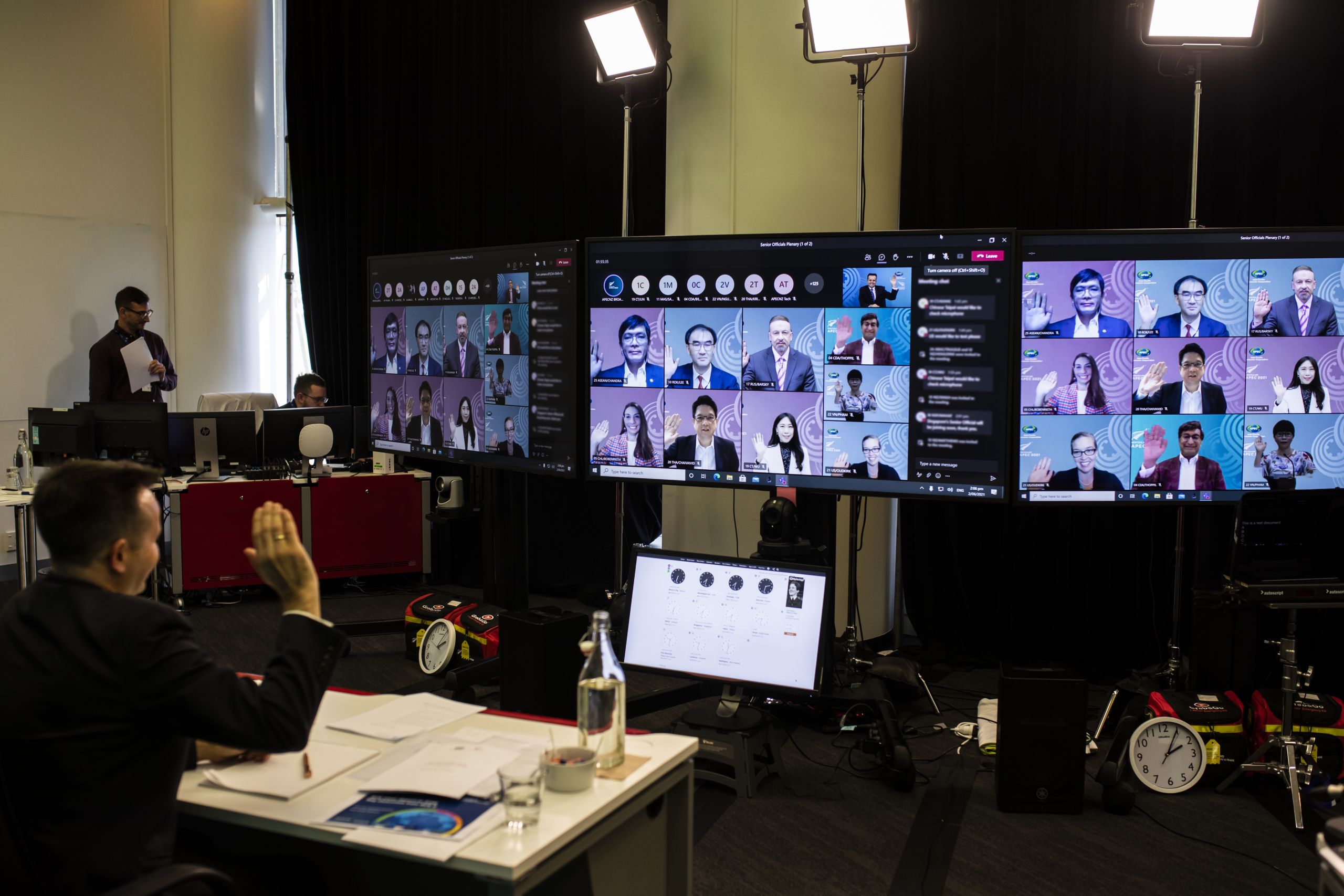

Chair Vangelis Vitalis talks at a meeting
Chair Vangelis Vitalis talks at a meeting
Vangelis Vitalis, centre right, talks with counterparts at the Midnight Meeting on March 11.
Vangelis Vitalis, centre right, talks with counterparts at the Midnight Meeting on March 11.

APEC New Zealand staff monitor a late-night meeting of senior officials. From the control room, they can assist delegates and officials and help coordinate meetings in real time
APEC New Zealand staff monitor a late-night meeting of senior officials. From the control room, they can assist delegates and officials and help coordinate meetings in real time

Emcee Jehan Casinader and SOM Chair Vangelis Vitalis speak with journalists about APEC 2021
Emcee Jehan Casinader and SOM Chair Vangelis Vitalis speak with journalists about APEC 2021

Deputy Secretary, APEC New Zealand Andrea Smith addresses media in the main meeting room at the primary venue in Wellington.
Deputy Secretary, APEC New Zealand Andrea Smith addresses media in the main meeting room at the primary venue in Wellington.

Greeting global delegates on one of the hundreds of virtual meetings with APEC economies
Greeting global delegates on one of the hundreds of virtual meetings with APEC economies
One of the impacts is transforming the way we think about these big multi-economy conferences and using the convening power of a digital setting.
A pioneering approach
for the future
This year marks the first ever fully digital APEC summit
— an ambitious format that could revolutionise the way global leaders work together.

“People’s fundamental thinking about what’s possible over virtual meetings has changed,” APEC New Zealand deputy secretary Andrea Smith says. “We surveyed participants after our first major meeting cluster and we got some good figures that showed the way we were hosting virtually was creating opportunity and benefit.”

APEC New Zealand deputy secretary Andrea Smith says delegates are still getting a taste of New Zealand
APEC New Zealand deputy secretary Andrea Smith says delegates are still getting a taste of New Zealand
To replicate the human interaction and connection from a physical setting in a virtual context, Smith and her team leaned on technology, using the chat functionality and breakout features of digital platforms to convene delegates into different meeting combinations and conduct presentations smoothly.
Despite a virtual host year, New Zealand was still able to give attendees a taste of Kiwi culture and hospitality — from video clips showcasing New Zealand to supporting delegates throughout.
“We bring a sense of manaakitanga to our approach,” Smith says.
Vitalis says a key benefit of being virtual is that more voices are heard.
“We’ve had many more participants able to attend meetings and we’ve lessened our climate change footprint as a result.
“One of the impacts of our host year is transforming the way we think about these big multi-economy conferences and using the convening power of a digital setting.”



